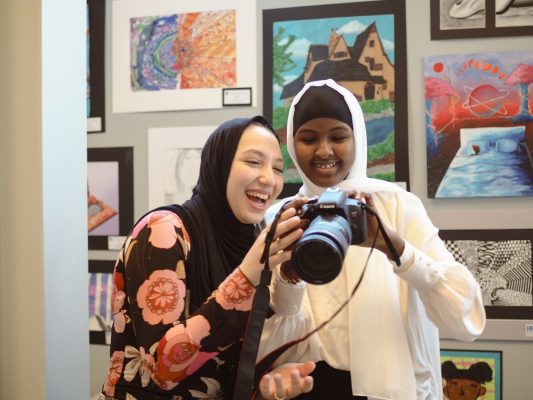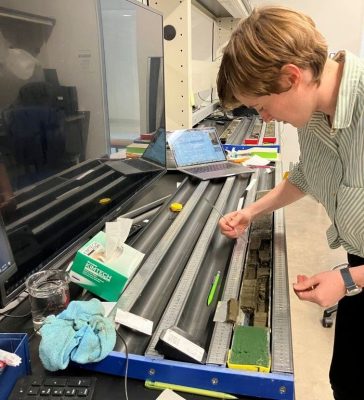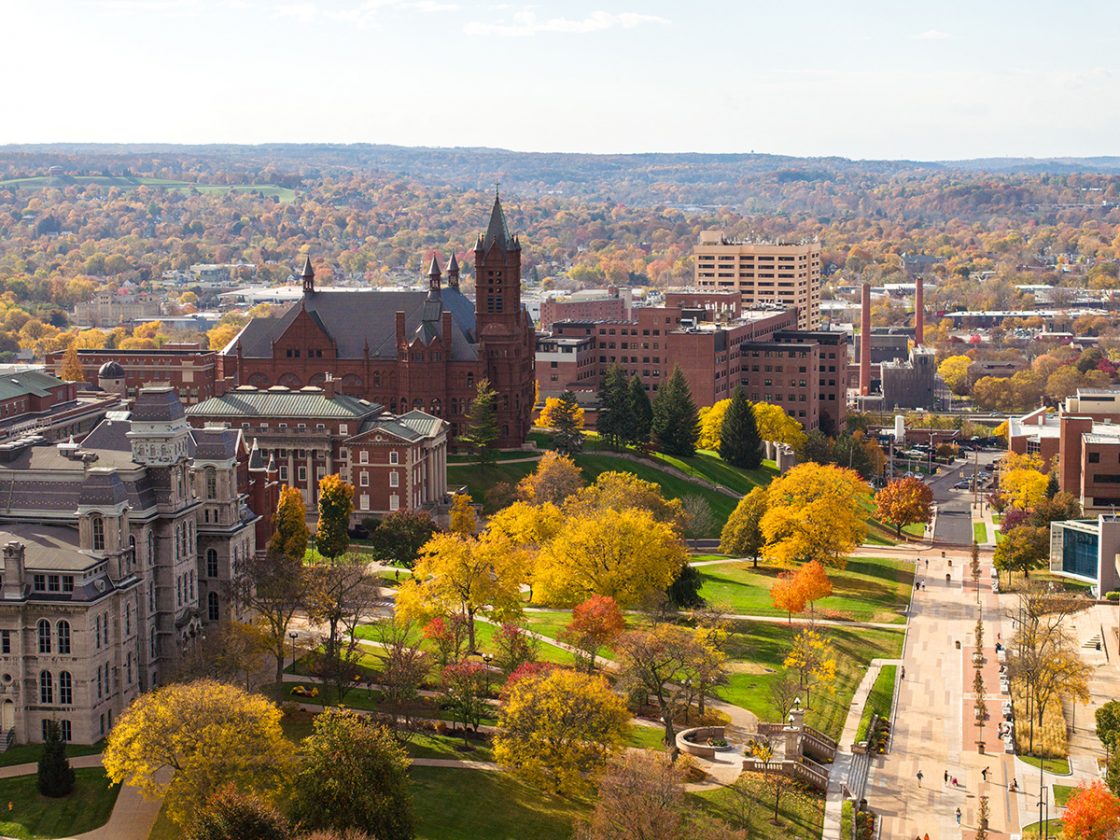‘Good to Great’ Grant Program Advances Sponsored Research Projects
Six faculty research projects have been awarded grants through the Office of Research’s Good to Great (G2G) Grant Program, a strategic initiative designed to help faculty secure major external funding by supporting the resubmission or revision of promising grant proposals.
The G2G program seeks to increase the volume and competitiveness of sponsored project funds awarded to Syracuse University, directly fueling the University’s research enterprise and impact, says Chetna Chianese, senior director in the Office of Research Development (ORD).
A total of $112,470 in grants of between $15,000 and $20,000 each has been awarded through the G2G program so far this year, according to Chianese. Awardees use funds to address reviewer feedback, strengthen their proposals and work closely with ORD to maximize their chances of success in future proposal submissions. Proposals were previously submitted to the National Science Foundation, National Institutes of Health and American Council of Learned Societies.
The deadline for the next round of proposals is Wednesday, Oct. 15. Researchers and project developers can submit applications online.
“This year’s G2G awardees represent a notable breadth of scholarship, spanning STEM, social sciences and the humanities. Their projects tackle urgent scientific, societal and cultural questions, demonstrating the University’s commitment to research excellence,” Chianese says. “This funding gives them the time and resources they need to respond to reviewer feedback and strengthen their proposals. We’re eager to support these scholars as they prepare for the next round of submissions.”

Awardees are:
- Patrick Berry, associate professor of writing studies, rhetoric and composition, College of Arts and Sciences. His initiative expands a digital publishing apprenticeship for formerly incarcerated individuals and their families, creating a national open-access archive of narratives that illuminate the human impact of incarceration.
- Eric Coughlin, assistant professor of physics, College of Arts and Sciences. This research develops new models and simulations to better understand explosive cosmic events, such as supernovae and black hole formation, to advance astrophysics and computational science.
- Marc Garcia, associate professor of sociology, Maxwell School of Citizenship and Public Affairs. The study uses national datasets to examine how disability and mortality risks among older Latinos vary by subgroup and geography, informing health equity and public policy.
- Brice Nordquist, associate professor of writing, rhetoric and composition and dean’s professor of community engagement, College of Arts and Sciences. This community-engaged project empowers youth on Syracuse’s South Side to create multimedia stories and interactive maps, documenting neighborhood resources and histories through participatory digital storytelling.

Earth studies doctoral student Laura Streib, who works with Professor Christopher Scholz, samples sediment cores collected from Lake Bosumtwi in Ghana in 2004. The cores are now being analyzed with new methods to obtain a revised age model and new paleoclimate proxy measurements. - Christopher Scholz, professor of Earth and environmental sciences, College of Arts and Sciences. His project refines the chronology and climate interpretation of a million-year sediment core from Lake Bosumtwi in Ghana to advance understanding of African paleoclimate and global climate change.
- Wanliang Shan, assistant professor of mechanical and aerospace engineering, College of Engineering and Computer Science. The project investigates how smart materials with adjustable stiffness can be used to control friction in composite structures, with applications in robotics and advanced manufacturing.



